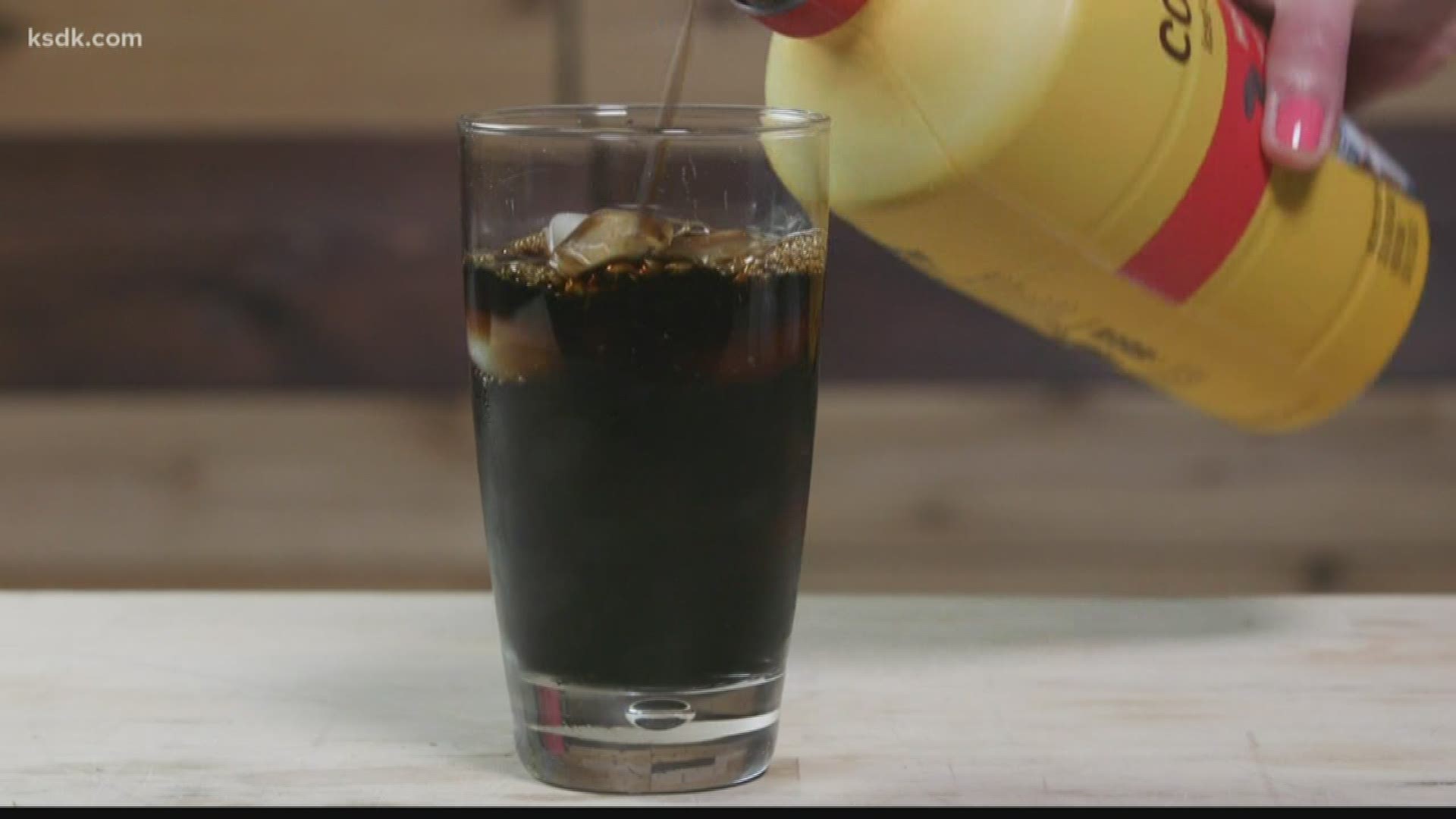ST. LOUIS — For many coffee lovers, summer signals the switch to cold brew. The coffee that many people think is smoother and less acidic is now standard at Starbucks, Dunkin’ and nearly every other coffee chain, and it’s also available in bottles, cans and cartons in supermarkets and convenience stores.
In fact, sales of ready-to-drink cold brew have exploded over the past few years. But is it healthier than regular coffee? Consumer Reports breaks through the buzz.
Consumer Reports said that some ready-to-drink cold brews aren’t always a smart choice for your health. The bottled versions are much more convenient to drink, but they have added sugars and sometimes sodium or other additives in addition to milk and cream.
CR looked at more than 40 ready-to-drink cold brews from seven brands and found that the key to picking a healthier version is to pay attention to labels.
Black cold-brew coffee has few calories because the only thing that’s in it is coffee. But when you start looking at bottled versions that have added sugars and cream, milk, or even plant milk, the calorie count can start to climb.
Even ones that say “not too sweet” can have a fair amount of added sugars per bottle. And more than half of the bottles CR looked at had ingredients that contained sodium — some with as much as potato chips.
So which cold-brew bottles are worth all the buzz? To minimize added sugars, choose a black cold brew or one with regular or plant milk that has no added sugars, or very little.
Consumer Reports said two are worth a try: Califia Farms Black & White Unsweetened Cold Brew Coffee with Almond Milk and Chameleon Cold-Brew Black Coffee.
If you make a big batch of your own cold brew, you can keep it in your fridge for up to two weeks. The same can’t be said of regularly brewed coffee, which starts to go stale shortly after it cools.

